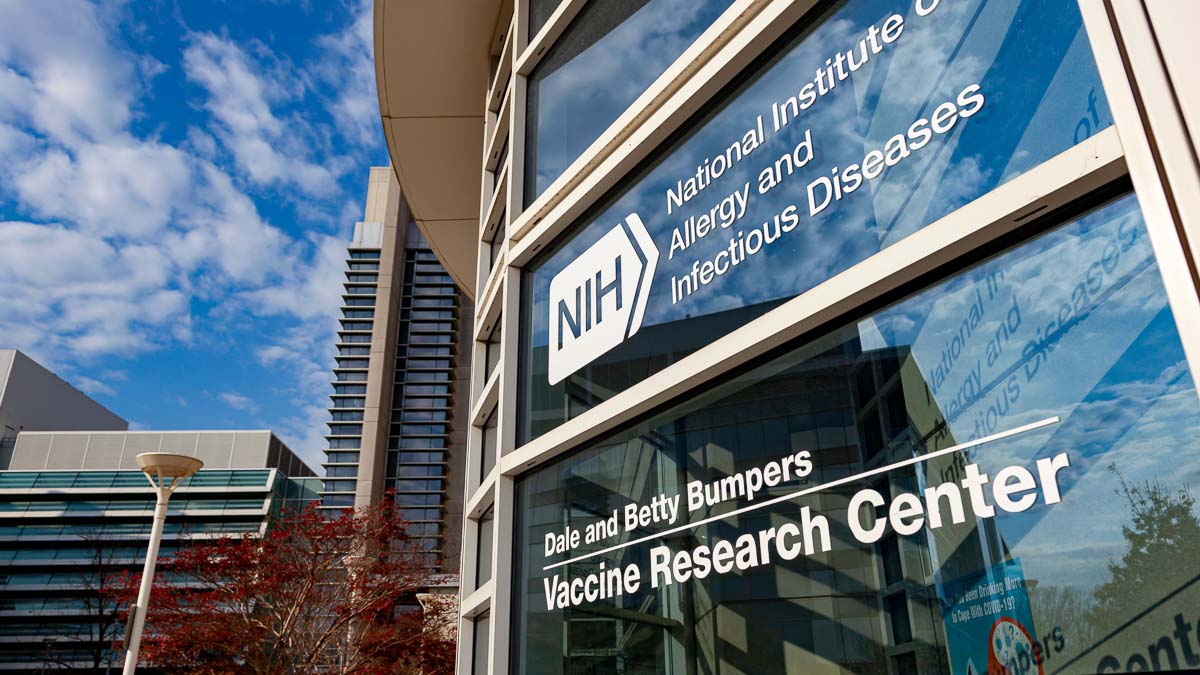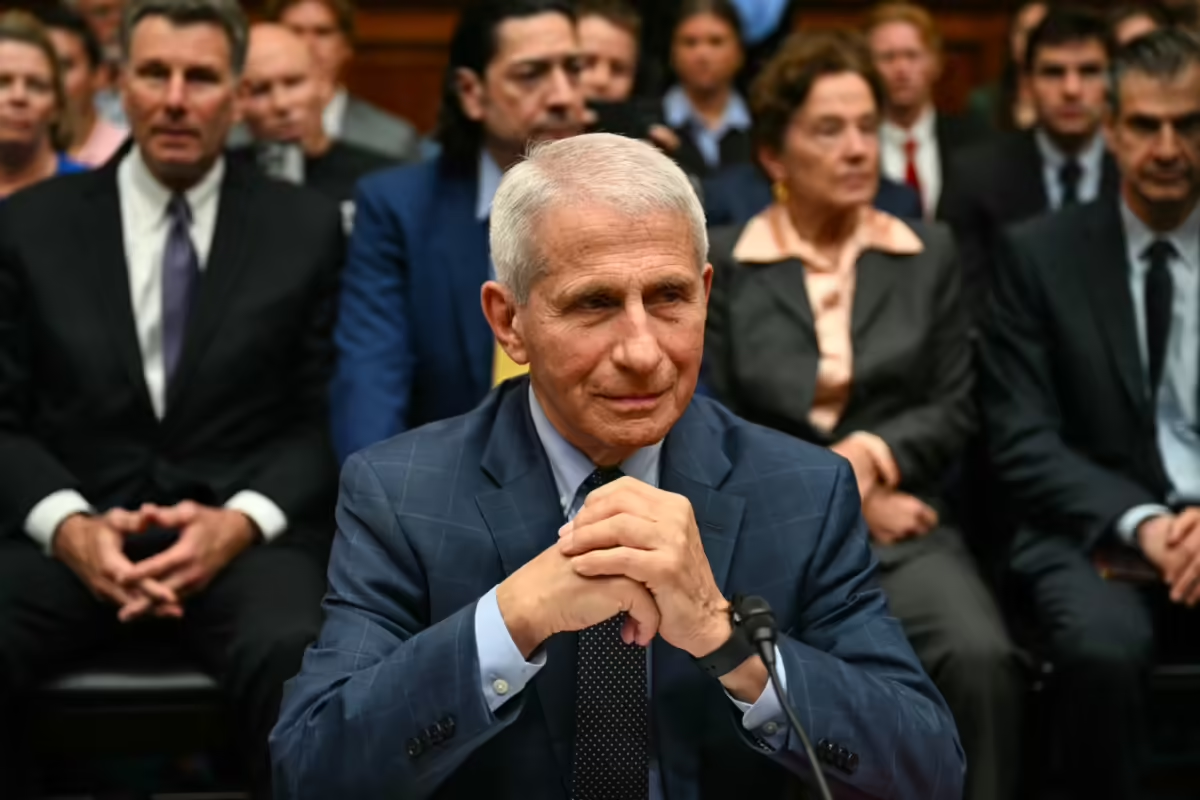Dr. Anthony Fauci, at a captivating congressional hearing, a prominent US government scientist, made significant disclosures regarding the origins of the COVID-19 pandemic and allegations of a cover-up. Fauci tackled numerous contentious issues surrounding the virus, exhibiting unflinching candour, unequivocally asserting, “I have nothing to hide.” As the first day of rigorous questioning concluded, he exited the room after shaking hands with several White House staffers. Ranking Member Raul Ruiz expressed gratitude for Fauci’s testimony and dedicated service to the nation.
Table of Contents
Clarifying Responsibilities in Closing Remarks
In his concluding statements, Ruiz emphasised that neither he nor Dr. Fauci was accountable for endorsing research that led to the COVID-19 pandemic. Additionally, Ruiz underlined that neither was implicated in any misinformation related to gain-of-function research in Wuhan, China. He also clarified that Fauci was not involved in any effort to stifle the lab leak theory.
Fauci and Malliotakis Debate COVID-19 Origins
A contentious exchange occurred between Fauci and Republican Representative Nicole Malliotakis concerning the origins of COVID-19. Fauci clarified that considering the virus could have emerged from a lab is not inherently a conspiracy theory, but some individuals have distorted the idea into such theories. “What is conspiratorial is the type of distortions of that subject, such as suggesting it was a lab leak and that I was parachuted into the CIA like Jason Bourne to tell them not to discuss a lab leak,” Fauci stated.
Republicans Scrutinize Fauci’s Pandemic Connections

On Monday, June 3, Republicans united to challenge Dr. Fauci, aiming to scrutinize his alleged connections to the COVID-19 pandemic and to delve deeper into the virus’s origins. The eminent US research scientist recounted how he and his family endured death threats during his tenure as the director of the National Institute of Allergy and Infectious Diseases (NIAID).
“Everything from harassment via emails, texts, letters to myself, my wife, my three daughters. There have been credible death threats leading to the arrest of two individuals – and credible death threats mean someone was clearly on their way to kill me. It has necessitated my having protective services virtually all the time,” he shared.
Evaluating the ‘Cost-Benefit Ratio’ of COVID-19 Measures
Dr. Fauci highlighted that in assessing the United States’ management of the COVID-19 situation, public health experts must meticulously consider the “cost-benefit ratio” of measures such as vaccination mandates. He addressed concerns that these mandates might have contributed to vaccine hesitancy. Fauci also defended the efficacy of vaccines, emphasizing their crucial role in saving countless lives in the US and globally.
“That’s something we need to revisit when we conduct a post-event evaluation. Given the country’s mindset and the resistance encountered, we need to reassess the cost-benefit ratio of such measures,” Fauci remarked.
The Necessity for Enhanced Pandemic Preparedness
During the testimony, Democratic Representative Robert Garcia, who lost his parents to COVID-19, praised Dr. Fauci for his life-saving policies throughout the pandemic, describing him as an ‘American hero.’ Fauci, the former head of NIAID, acknowledged that while some progress has been made, there are still significant gaps in the country’s handling of health crises. He emphasized the need for the US to enhance its preparedness for future pandemics.
“I think one major issue with the response was the level of divisiveness in the country, leading to a lack of coherent response. People, for reasons unrelated to public health or science, refused to adhere to public health measures,” Fauci explained.
Insights and Challenges from the Hearing
The hearing underscored the ongoing debates and challenges in understanding and responding to the COVID-19 pandemic. Fauci’s testimony illuminated the complex interplay between science, policy, and public perception. His comments about the necessity of a thorough review of the “cost-benefit ratio” of pandemic measures resonate with ongoing discussions about balancing public health mandates and individual freedoms.
As the hearings progress, it is evident that the issue of COVID-19’s origins and the US’s response will remain a focal point of scrutiny. The debates between lawmakers and experts like Fauci highlight the need for a nuanced understanding of scientific evidence and public health strategies in the face of unprecedented global health challenges.
Fauci’s experiences with threats and the need for protective services also bring to light the personal toll on public health officials during the pandemic. These revelations add a human dimension to the broader policy discussions, reminding the public of the sacrifices and dangers faced by those on the front lines of the pandemic response.
Reflecting on the Pandemic Response and Future Strategies
In conclusion, the congressional hearing with Dr. Fauci revealed critical insights into the origins of COVID-19, the contentious nature of public health measures, and the personal challenges faced by public health leaders. As the nation reflects on its pandemic response, these discussions are essential for shaping a more effective and unified strategy for future health emergencies.



